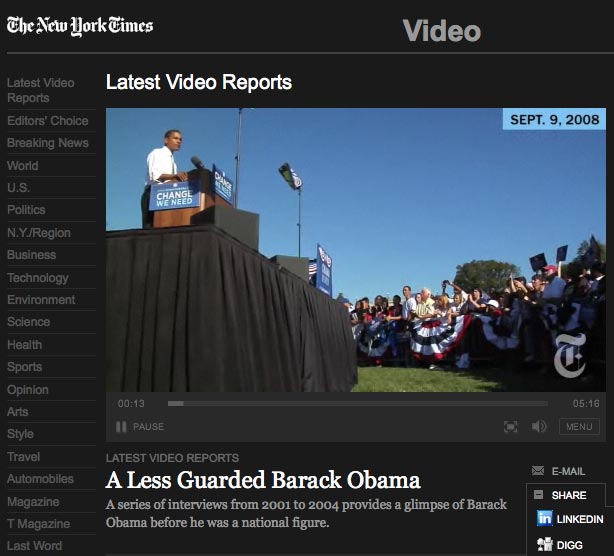Naming Baby P and his mother is not about giving into a hysterical Facebook campaign group; this is about confronting the reality of the online age.
I can’t link to it here, because it would be breaching reporting restrictions, but I know Baby P’s name, the baby’s mother’s name and the name of her partner.
So does anyone with even a little bit of Google cache savvy about them: it’s on a BBC report from 2007. Google cache preserves a page even if, as the BBC has done, original articles have been removed.
As the Independent reported, Facebook groups have published the details, despite the court order not to.
My argument is not about revealing the names for justice, it is about having a law which can actually be enforced.
If it had been reported abroad, on non-UK websites, they would be not be held accountable under the UK Contempt of Court legislation. Court orders, such as the one in this case protecting the names of the defendants, are simply not feasible in the web age.
I believe that whatever ensures fair trials without prejudice, protects the innocent people involved in the case (other people connected or in the family, for example) is necessary, and if keeping the names secret does that, then that should be done: I certainly won’t be joining any Facebook group to force their disclosure.
But it should be done in such a way where they really are secret, which has not happened in this case:
Jason Owen’s name is known; the mother’s name has also been previously published and is reachable with a quick search; the baby’s photograph is in the press.
One of the Facebook groups has a description reading: ‘For sum [sic] reason the press have seen it fit not to reveal the sick people who killed this poor helpless child.’
The press has not chosen to keep quiet (they certainly would print the names if they could); they are bound by law not to. But what happens when the wider community who have not been taught about reporting restrictions and contempt of court choose to publish, using blogs and social network sites?
I imagine that most people in that community, and wider geography, knows who the family are. Last night’s BBC Panorama showed that the research team were able to access things the mother wrote on social networking sites.
Yet the names cannot be disclosed by the British press without contravening the Contempt of Court Act. This means that disclosures are made through people who aren’t necessarily so concerned about, or even think about, media ethics or face any kind of editorial process.
As I reported in September, Bob Satchwell from the Society of Editors believes the legislation is out of date and redundant, as do many others.
Orders, such as those under section 11 of the Contempt of Court Act 1981, for example, allow a court to ban publication of specific information, in addition to statutory reporting restrictions. But how on earth to enforce this in an online world?
This is starkly proven in the case of Baby P.
It’s time to readdress our laws, as Satchwell has urged the Attorney General, and make trials really fair.
Postscript: I’ve just found Martin Belam’s blog post, which makes a similar point, and also focuses on the ‘sheer scale of useage of the internet’ in the UK as compared to 2000 when Victoria Climbié case was reported, for example.

